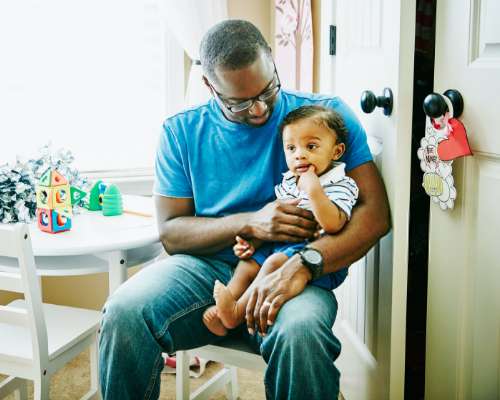Family & Child Services

Coley House
A residential step-down program where pregnant and/or parenting women are required to participate in community-based substance use treatment while living in a safe and structured environment. Clients meet with their Case Manager on a weekly basis and attend daily psychoeducational groups. The program is designed to support women, as they return to their communities as a healthy and productive parent in recovery.

Hallie House
A residential step-down program where pregnant and/or parenting women are required to participate in community-based substance use treatment while living in a safe and structured environment. Clients meet with their Case Manager on a weekly basis and attend daily psychoeducational groups. The program is designed to support women as they return to their communities as a healthy and productive parent in recovery.

Hogan House
A residential step-down program where pregnant and/or parenting women are required to participate in community-based substance use treatment while living in a safe and structured environment. Clients meet with their Case Manager on a weekly basis and attend daily psychoeducational groups. The program is designed to support women as they return to their communities as a healthy and productive parent in recovery.

Women’s REACH Program
The Women's REACH program (funded by CT DMHAS) is designed to provide outreach, engagement, short term case management, recovery coaching, connections to community, and recovery support resources to pregnant and parenting women with substance use or co-occurring disorders AND parenting/expecting fathers, grandparents, LGBTQIA+ individuals, partners of WRN clients, and other immediate parenting family or natural support who have been impacted by substance use, either personally by the use of the child's parent. With the support of a Recovery Navigator, these individuals will be connected to resources they need to facilitate their recovery including but not limited to MAT/MOUD and behavioral health supports, community supports, harm reduction, Family Care Plan development, reproductive health services, medical needs, basic needs, and child needs. Services are individualized, averaging 1-90 days with extension flexibility for special cases. Participation in REACH is voluntary.
There is no wrong door for referrals — self, provider, and community-based program referrals welcome!
Covering Region 2 Serving the towns of: Ansonia, Bethany, Branford, Chester, Clinton, Cromwell, Deep River, Derby, Durham, East Haddam, East Hampton, East Haven, Essex, Guilford, Haddam, Hamden, Killingworth, Lyme, Madison, Meriden, Middlefield, Middletown, Milford, New Haven, North Branford, North Haven, Old Lyme, Old Saybrook, Orange, Portland, Seymour, Shelton, Wallingford, Westbrook, West Haven, Woodbridge.

Supportive Housing for Families
(opens in a new tab)

The Women’s Community Transition Support Program
The Women’s Community Transition Support Program helps women and their families who have current or recent history with the DMHAS Women’s and Children’s services continuum of care. Our program helps expecting and parenting families thrive by providing assistance with locating and securing safe housing and providing the support necessary for achieving economic independence and developing a stable home environment. All our services are voluntary and tailored to your needs, including case management and connections to other resources in your community.
Hartford, Middletown, New Haven
Frequently Asked Questions
To enter the Supportive Housing for Families program, families must be referred by a social worker from the Connecticut Department of Children and Families (DCF). If a referral is made, and a family meets eligibility criteria, the family will be placed on the waiting list to receive an intake assessment.
We are always looking for people to help our community thrive by becoming a landlord with the Supportive Housing for Families program. For more information about becoming a landlord with the Supportive Housing for Families program, please contact skristofak@theconnectioninc.org.
The Connection saved my life. The services offered have set me up for sure success. Without this program, my children would not have their mother. Forever grateful.